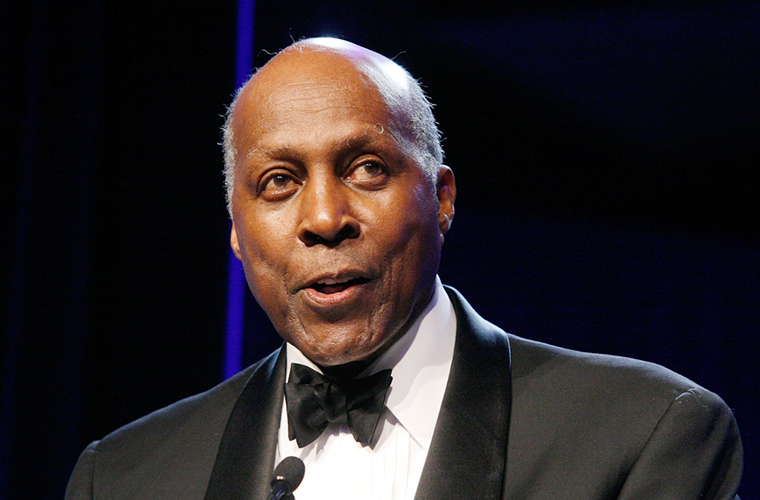Vernon Eulion Jordan Jr. was an influential American civil rights activist, lawyer, and business executive. Born on August 15, 1935, in Atlanta, Georgia, Jordan played a significant role in advancing the cause of civil rights and promoting economic and social equality for African Americans. Jordan’s early life was marked by the racial segregation that was prevalent in the southern United States during the 1940s and 1950s. Despite facing numerous obstacles and discrimination, he excelled academically and went on to attend DePauw University in Indiana, where he graduated magna cum laude in 1957. He then pursued a law degree at Howard University School of Law, where he was one of only two African American students in his class.
After completing his education, Jordan began his career as a civil rights activist, working alongside prominent figures such as Martin Luther King Jr. and serving as a field director for the NAACP. His commitment to social justice and equality led him to become a key figure in the civil rights movement, advocating for desegregation and equal access to education and employment opportunities. In 1961, Jordan became the first African American to be hired as a field secretary for the Georgia NAACP, where he organized voter registration drives and led efforts to challenge racial discrimination in the state. His work drew the attention of President John F. Kennedy, who appointed him as a White House fellow in 1963, marking the beginning of Jordan’s involvement in national politics.


















Throughout the 1960s and 1970s, Jordan continued to be at the forefront of the civil rights movement, working tirelessly to dismantle institutionalized racism and promote social change. His efforts culminated in his appointment as the executive director of the United Negro College Fund in 1970, where he focused on expanding access to higher education for African American students. In addition to his work in civil rights, Jordan also made significant contributions to the legal profession. He co-founded a prominent law firm in Atlanta and became known for his expertise in corporate law and civil rights litigation. His legal acumen and strategic thinking earned him a reputation as a formidable advocate for social justice and equality under the law.
Jordan’s impact extended beyond his work in civil rights and law. In the 1980s, he transitioned into the corporate world, serving as an influential business executive and advisor to numerous companies. He held leadership positions at major corporations such as Xerox and American Express, where he played a pivotal role in promoting diversity and inclusion in the workplace. Throughout his career, Jordan remained committed to advancing the interests of marginalized communities and promoting equality in all aspects of society. His influence extended to the political arena, where he became a trusted advisor to several U.S. presidents, including Bill Clinton. Jordan’s keen political insights and diplomatic skills made him a sought-after strategist and confidant for political leaders.
In recognition of his exceptional contributions to civil rights, law, and business, Jordan received numerous accolades and honors throughout his lifetime. His legacy continues to inspire future generations of activists, lawyers, and business leaders to champion social justice and equality.
Vernon Eulion Jordan Jr. passed away on March 1, 2021, leaving behind a profound legacy of leadership and advocacy for civil rights and social change. His remarkable journey from a segregated upbringing in the American South to becoming a trailblazing figure in civil rights, law, and business serves as a testament to his enduring impact on American society. As we reflect on his life and legacy, we honor Vernon E. Jordan Jr.’s unwavering commitment to justice and equality, which will continue to resonate for years to come.

